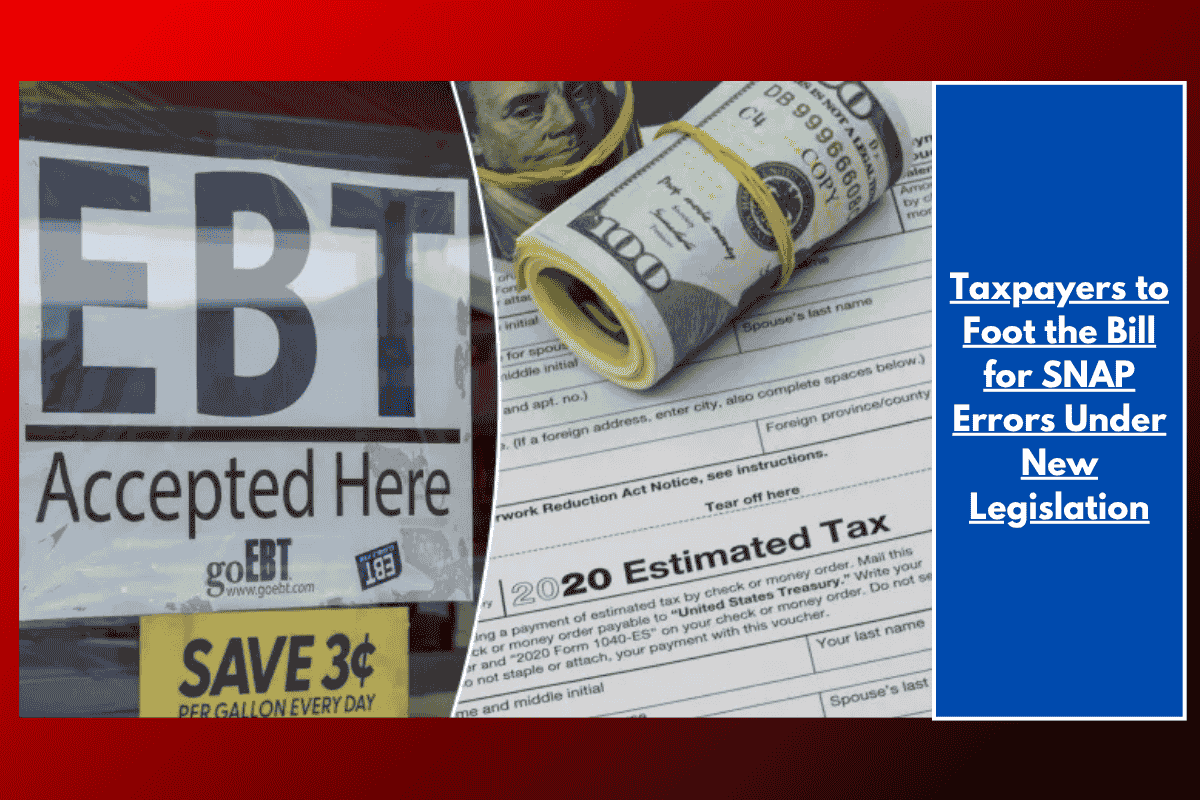In Park Slope, Brooklyn, a landlord has been waiting over a decade for rent payments from a tenant who has refused to pay since 2019. The dispute has grown into a $200,000 legal nightmare, leaving the property owner struggling to afford his children’s college education. This ongoing case highlights the complexity of tenant-landlord relationships and the limits of legal action when it comes to unpaid rent.
Longtime Tenants, But No Payments
Landlord Tom Diana has managed an apartment building in Park Slope for years. He rented one of the units to two elderly women living as roommates. Unfortunately, one of them passed away in 2016. Since then, the other tenant, who remained in the apartment, has not kept up with the full rent.
Initially, Diana tried to work with her, understanding that it was a difficult time. But after years of negotiations, things never improved. According to Diana, the tenant gave excuse after excuse and even suggested paying one-third of the rent—but always late. He refused, as this didn’t come close to covering the cost.
The Growing Rent Bill
As the years went by without any rent being paid, the amount owed grew significantly. Diana estimates he loses $40,000 to $50,000 each year from this one apartment alone. As of 2025, the unpaid rent has reached more than $200,000. This financial hit has impacted Diana’s life, especially his ability to pay for his kids’ college education.
“This is not fair,” he told News12 Long Island, expressing frustration over the years-long battle with a tenant who, legally, should have either paid the rent or moved out.
Legal Action and Court Documents
In 2022, legal documents showed the tenant had agreed to pay the portion of rent owed by her late roommate. The amount was set at $830 per month, going back to January 2019. However, records reveal that not a single payment has been made since that agreement.
The tenant has not spoken publicly, but her attorney from Legal Services NYC claims that the apartment was illegally removed from the rent stabilization program. This issue is part of the ongoing court case.
What the Law Says About Roommate Responsibilities
When two people sign a lease, they both agree to pay the full amount, regardless of how they split it among themselves. So, when one roommate dies, the remaining tenant becomes responsible for the full rent. This is standard in rental agreements across New York and elsewhere.
One possible solution is for the surviving roommate to find a new roommate quickly, but that’s often hard during a grieving period. Another option is for the deceased tenant’s share of the rent to be paid through their estate, via probate court. This would require legal steps to make a formal claim on their remaining assets.
The situation faced by Tom Diana is a difficult one, highlighting the challenges landlords can face in long-term rental disputes. Despite trying to find a fair solution, years of unpaid rent and delayed court action have left him in financial distress. This case also shows how complicated it can be when personal loss, legal loopholes, and housing laws collide. Until a final court decision is made, the rent remains unpaid, and the future of both the tenant and the landlord hangs in the balance.














